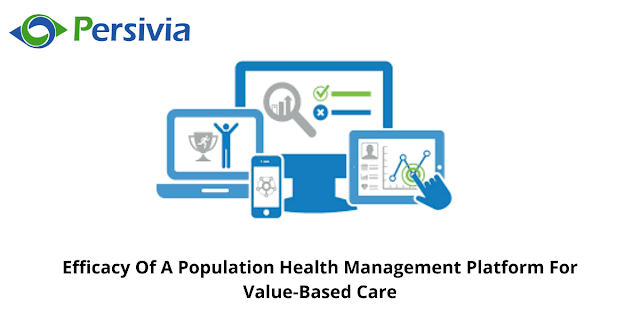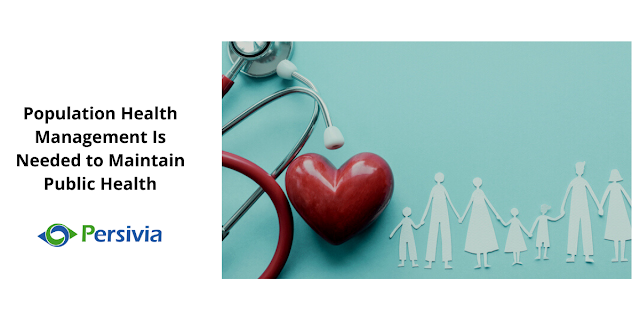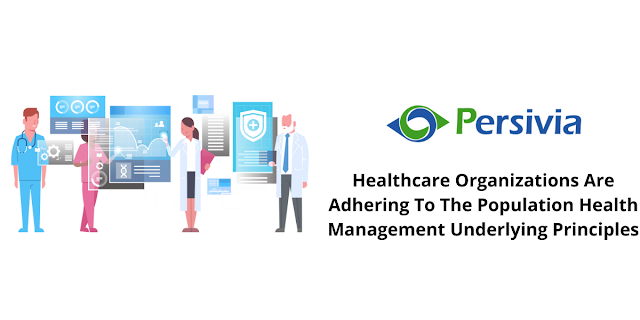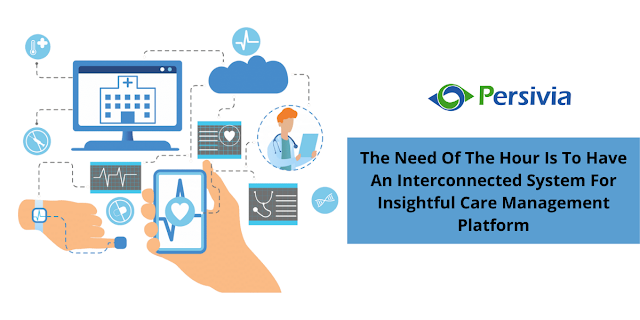How HCC Coding And NLP Are Used In Risk Adjustment Process?
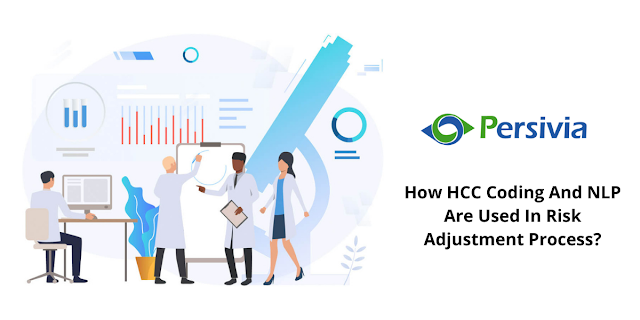
When it comes to buying a vehicle or a fashionable dress, the old cliché "you get what you pay for" may be true, but not when it comes to healthcare. The Affordable Care Act (ACA) assures that health coverage providers no longer provide relatively low coverage schemes to fit individuals who see the doctor infrequently, and that they just do not refuse or misrepresent insurance coverage for sick patients. Healthcare organizations all over the world are adopting the Risk Adjustment Solution to gain more precise data and analytics in order to meet the new requirements of value-based care. What Do You Know About the HCC Coding? HCC refers to Hierarchical Condition Categories, a Risk Adjustment (RA) method of analysis that's been around for a while but received more attention once Medicare Advantage Plans commenced demanding RAF rankings for financial compensation. Every coding executive, as well as every industry payer, is aware of the issue now. One requires a fundam...
